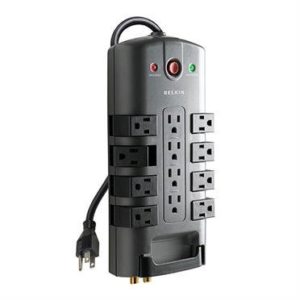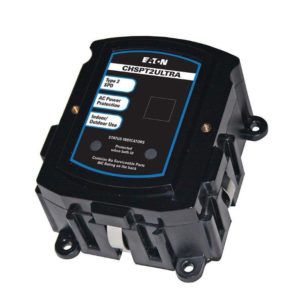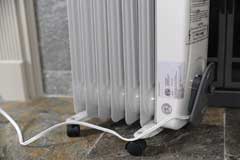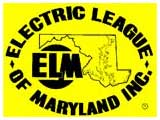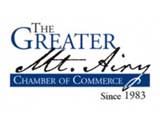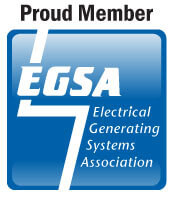We tend to take our electrical appliances for granted. We put clothes in the washer, add detergent, push a few buttons, and presto – clean clothes! The same goes for the dryer. But that 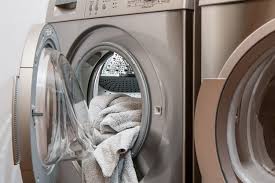 power we’ve learned to depend on is also a potential source of problems. According to the Electrical Safety Foundation International, electrical malfunctions cause more than 50,000 mostly preventable building and home fires every year.
power we’ve learned to depend on is also a potential source of problems. According to the Electrical Safety Foundation International, electrical malfunctions cause more than 50,000 mostly preventable building and home fires every year.
Here are five important electrical appliance tips:
- Give your appliances proper space for air circulation to avoid overheating.
Without proper air circulation, electrical equipment can overheat and become an electrical fire hazard, according to Constellation Energy.
Also, avoid 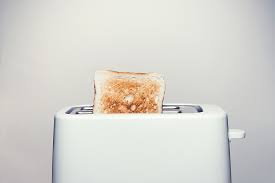 running electrical equipment in enclosed cabinets. For best electrical safety, it’s also important to store flammable objects well away from all appliances and electronics. Pay close attention to your dryer, whether gas or electric, as it needs to be at least a foot from the wall to function safely. Also remember to regularly clean out the dryer’s lint trap.
running electrical equipment in enclosed cabinets. For best electrical safety, it’s also important to store flammable objects well away from all appliances and electronics. Pay close attention to your dryer, whether gas or electric, as it needs to be at least a foot from the wall to function safely. Also remember to regularly clean out the dryer’s lint trap.
2. Unplug your unused appliances to reduce potential risks.
One of the simplest safety tips is also the easiest to forget: unplug appliances that are not being used, says Constellation. This saves power by reducing the amount of energy a device consumes even when it’s not being used, and protects against overheating and power surges that can damage equipment.
3. Keep electrical devices and outlets away from water.
Water and electricity don’t mix! Keep electrical equipment dry and away from water to prevent equipment damage and shock hazards. Keep your hands dry when using electrical equipment, and keep equipment away from flower pots, aquariums, sinks, showers, and so on. Have GFCI protection installed if it isn’t already there and moisture is likely to be present.
4. Check that you’re using the correct wattage bulbs in appliances and fixtures.
Using the right bulbs can prevent common electrical problems. If a light fixture has no wattage listed, use 60-watt bulbs or less with incandescents and halogens, which are also incandescents.
For unmarked ceiling fixtures, use 25-watt bulbs. Remember that 90 percent of an incandescent bulb’s energy output is heat, and only 10 percent is light. Any issues are almost certainly the result of too much heat.
LED bulbs and CFLs consume less power, run cooler, and thus reduce the risks of overheating and potential fire hazards. You can get the same amount of light as an incandescent bulb of a given  wattage for far fewer watts, and thus less heat, with LEDs and CFLs. Check the packaging when buying bulbs, it should give the incandescent wattage and light output equivalent.
wattage for far fewer watts, and thus less heat, with LEDs and CFLs. Check the packaging when buying bulbs, it should give the incandescent wattage and light output equivalent.
5. Avoid overfusing appliance and other circuits.
“Overfusing” means using a fuse or circuit breaker that is rated for more current than the circuit’s wires can safely carry. For example, most residential lighting circuits and some receptacle circuits use 14-gauge wire and are rated for 15 amps of current. For 15-amp circuits, there will be a “15” molded into the breaker handle or printed under the fuse glass. These circuits should not be supplied from a 20-amp (or even worse, a higher-rated) fuse or breaker.
Some residential receptacle circuits are required to use 12-gauge wire (heavier than 14-gauge) and are rated for 20 amps. Most commercial circuits start with 20 amps and go up from there. Larger appliance circuits, both commercial and residential, are usually handled differently.
If a circuit is overloaded, the fuse should blow or the breaker should trip. If you can replace the fuse or reset the breaker, the trouble is most likely an overload. Please consult a licensed electrician for advice and help.
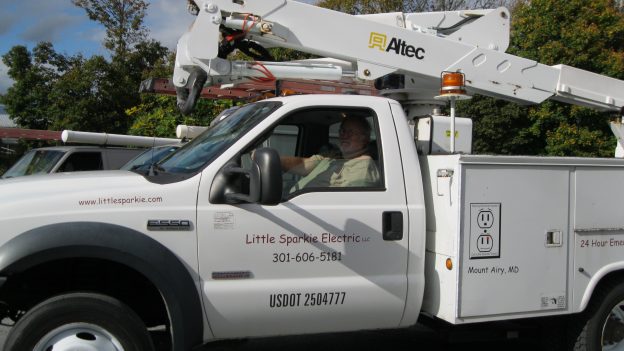
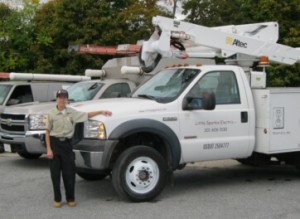 When we arrive at your door, we’ve already incurred a number of costs just to get us, our service truck, and our equipment there.
When we arrive at your door, we’ve already incurred a number of costs just to get us, our service truck, and our equipment there.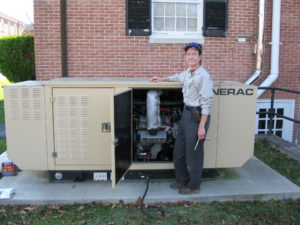 experience. Catherine Nazarene, Managing Member, is also a
experience. Catherine Nazarene, Managing Member, is also a 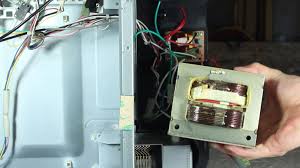
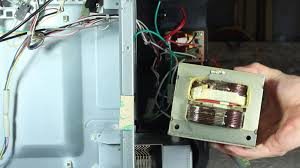
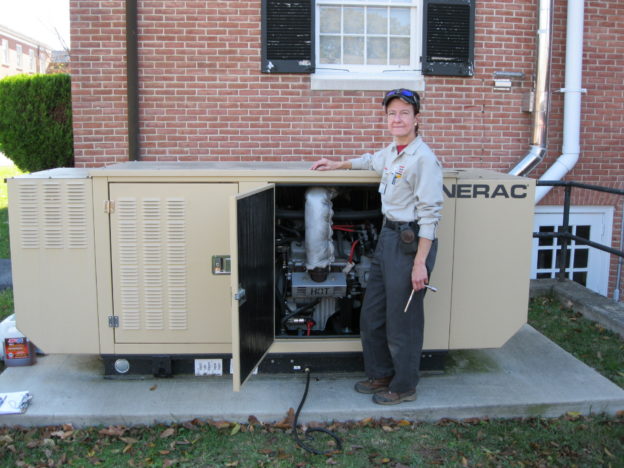
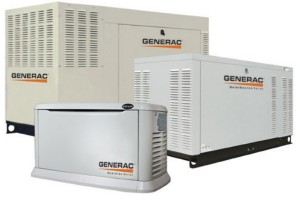

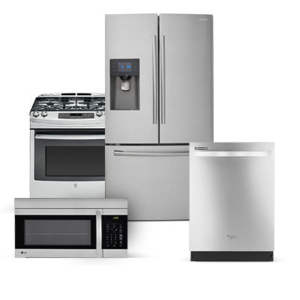
 Real trees can dry up and turn into kindling in no time at all. Get rid of the tree after Christmas; dried out trees are a fire hazard and should not be left in the home or garage.
Real trees can dry up and turn into kindling in no time at all. Get rid of the tree after Christmas; dried out trees are a fire hazard and should not be left in the home or garage.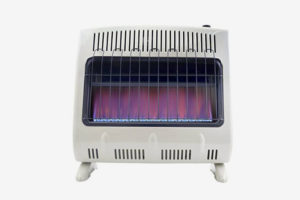 9. Invest in a
9. Invest in a



